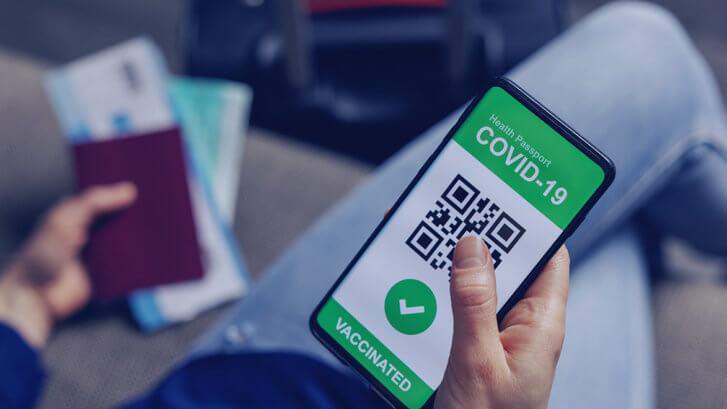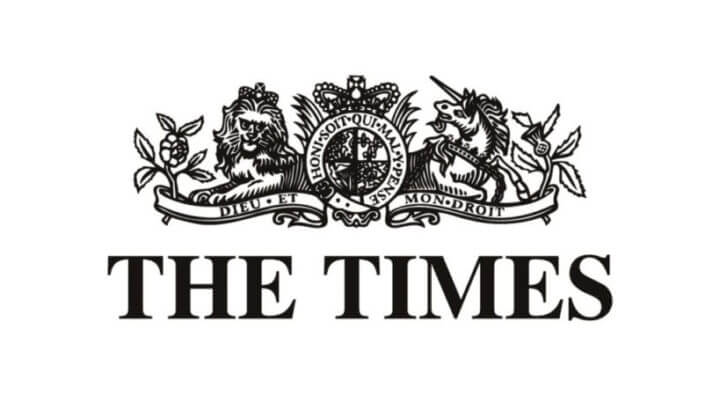Neither blessed with a catchy title nor immediately in force, the Age Appropriate Design Code grabbed few headlines when it was issued by the Information Commissioner (ICO) in 2020. Now re-badged as the Children’s Code and in force from 2 September 2021, it is being feted as an early blow in the UK government’s wider campaign against online harms and in particular the risks to the privacy of minors. Broadly drawn, both in terms of the online service providers affected and its geographic reach, the Code provides guidance on safeguards for the online treatment of children’s personal data, with compliance underpinned by the potentially severe enforcement powers of the UK GDPR. Sensing the way the wind was blowing, the tech titans had already modified their services, spurring calls for similar measures in other countries. Misgivings over the ambit and practical impact of the Code remain, however, particularly in relation to the thorny issue of age-verification.











